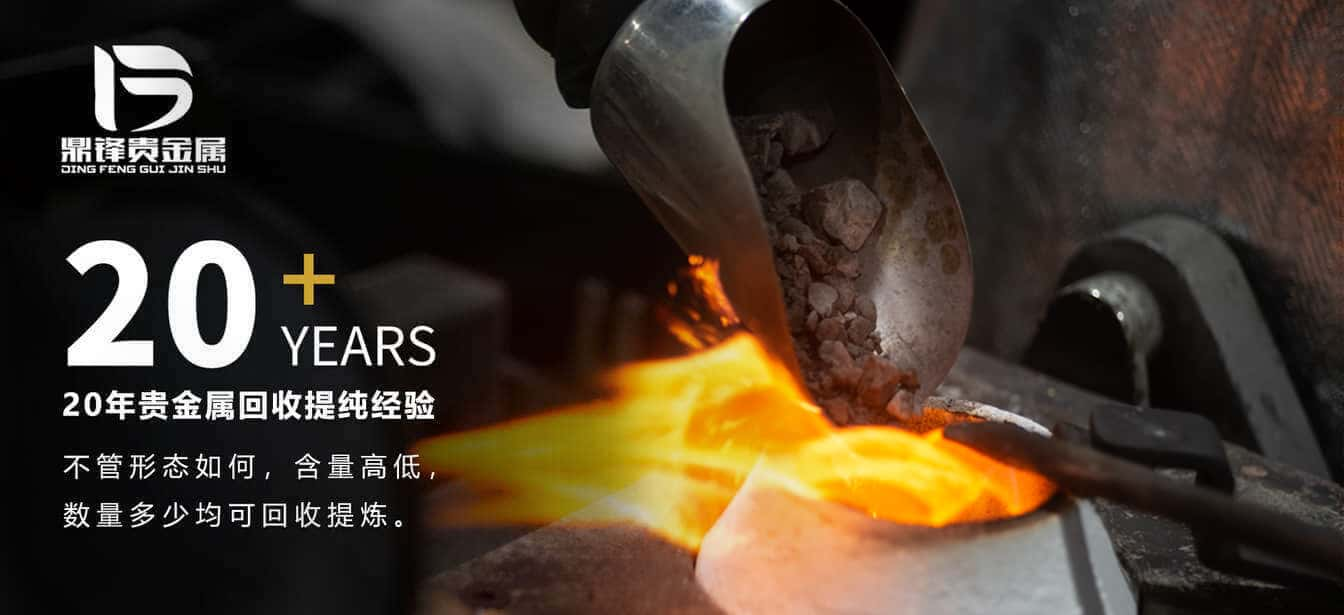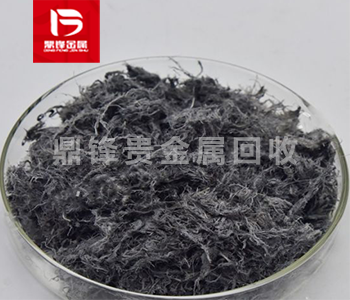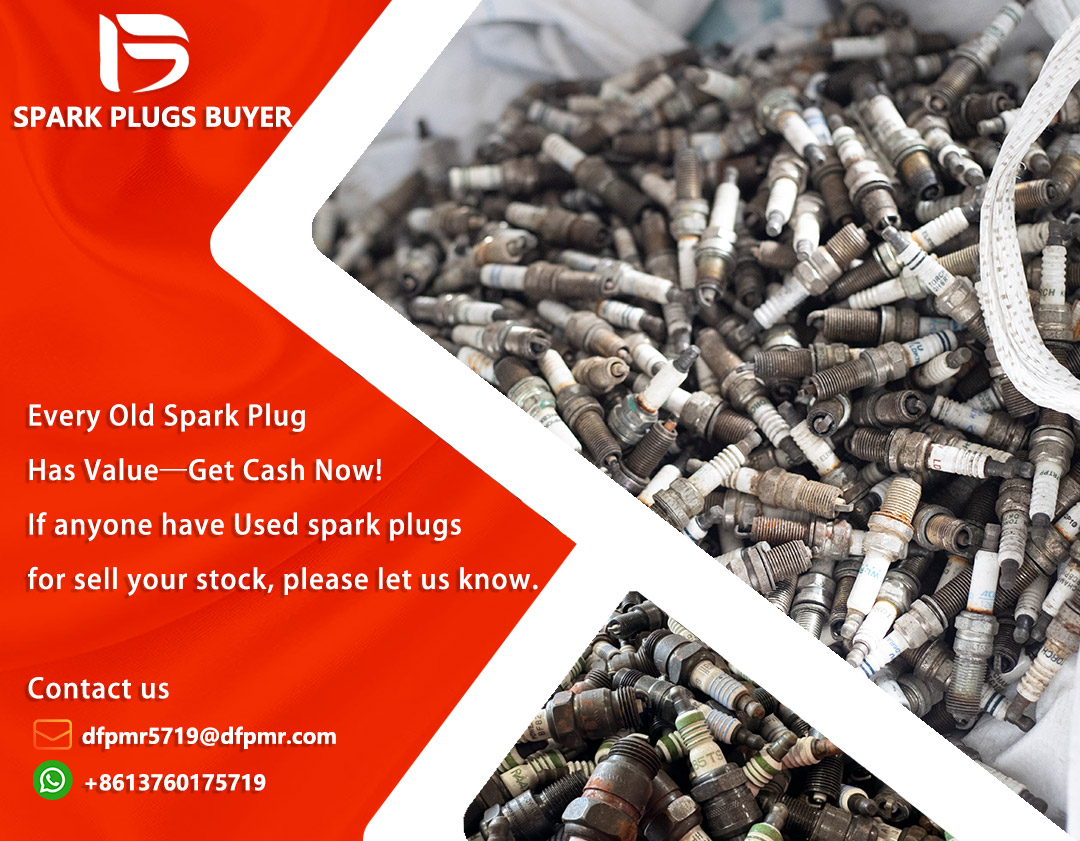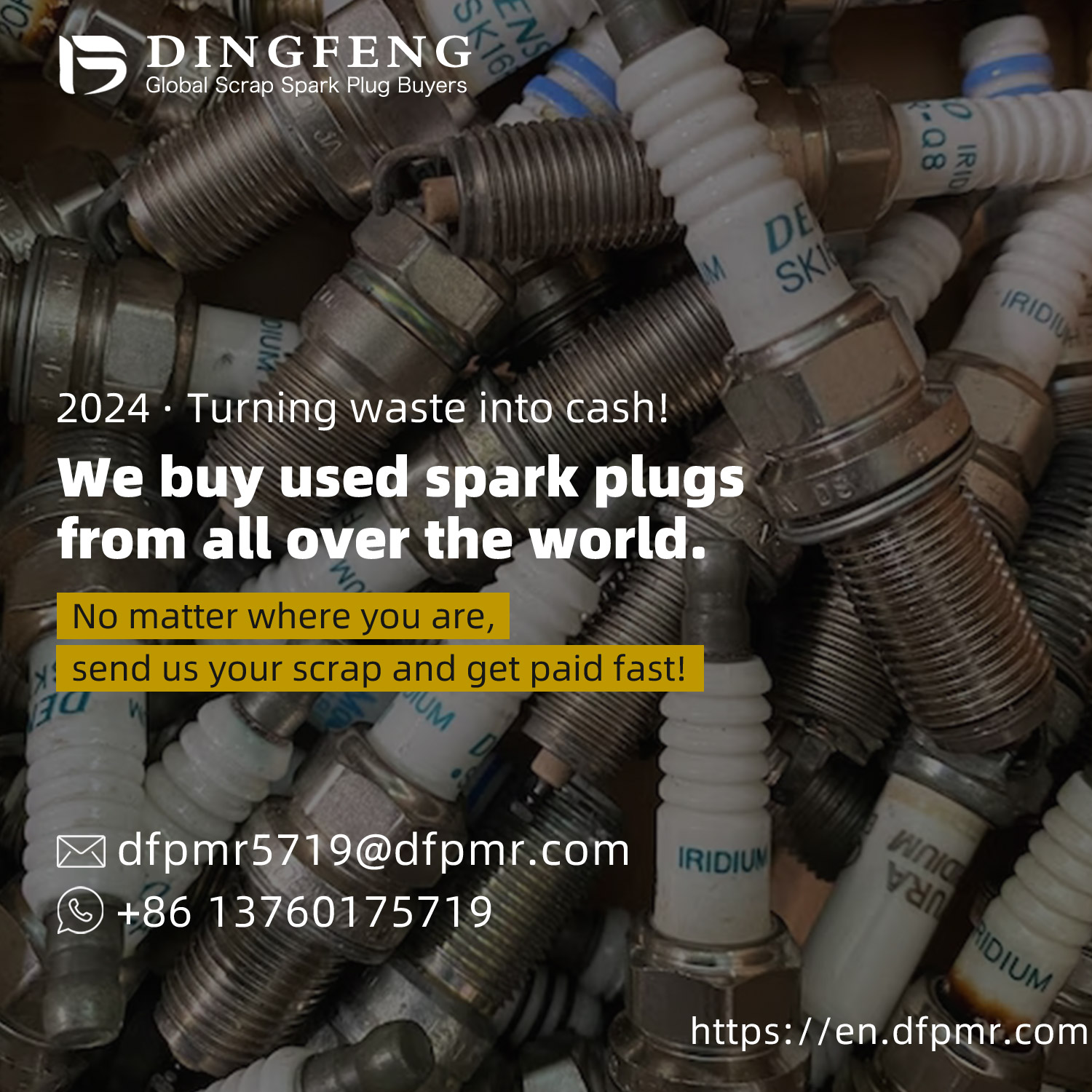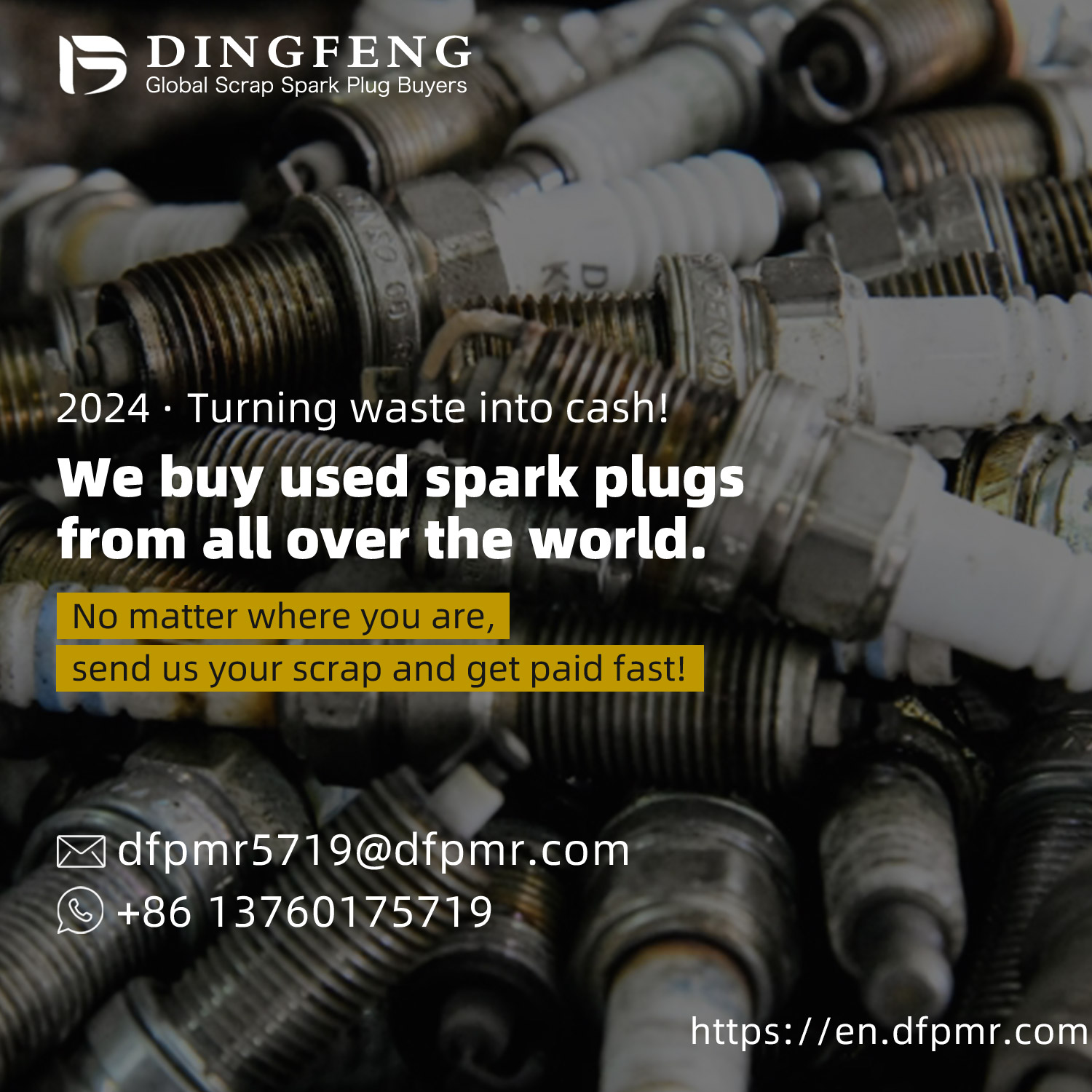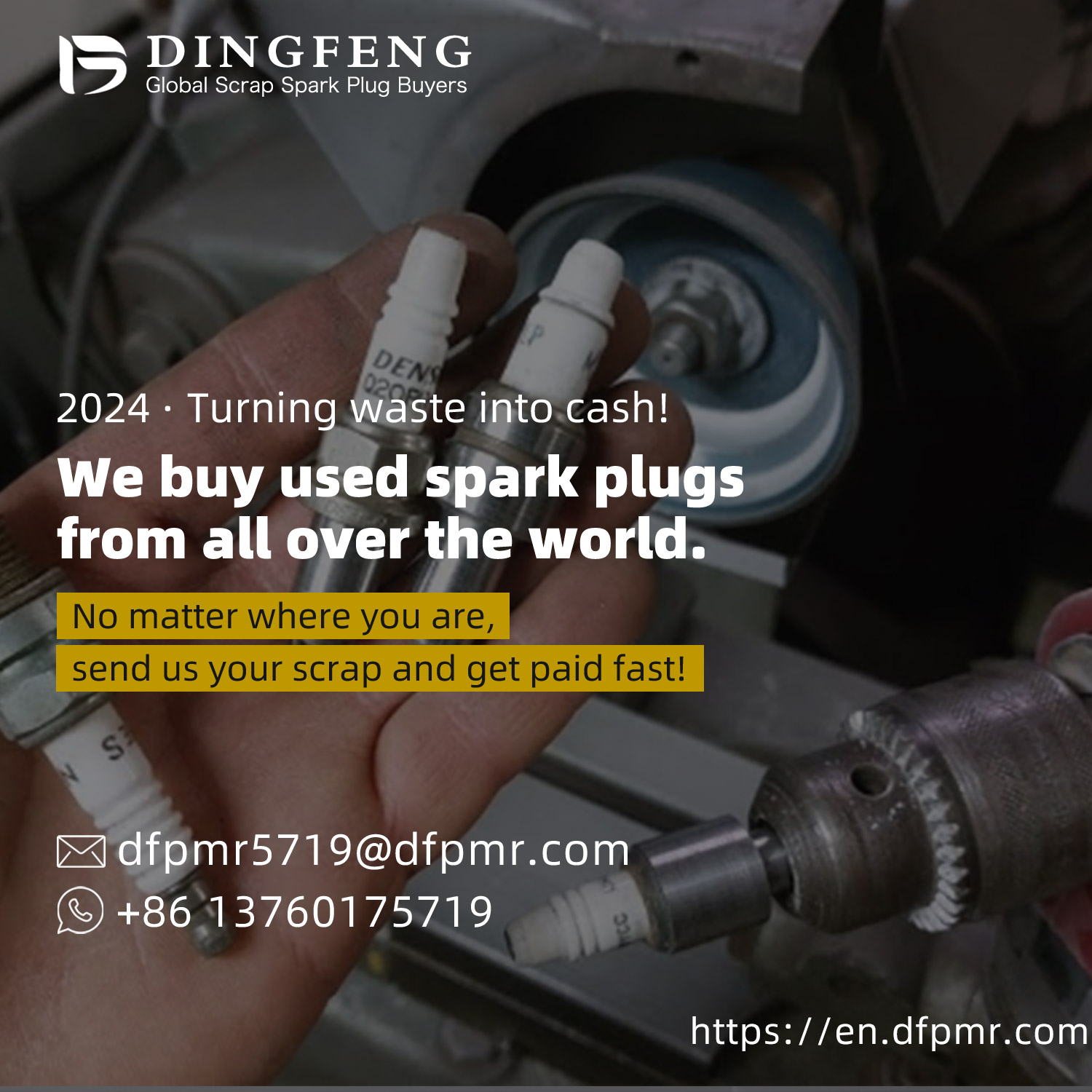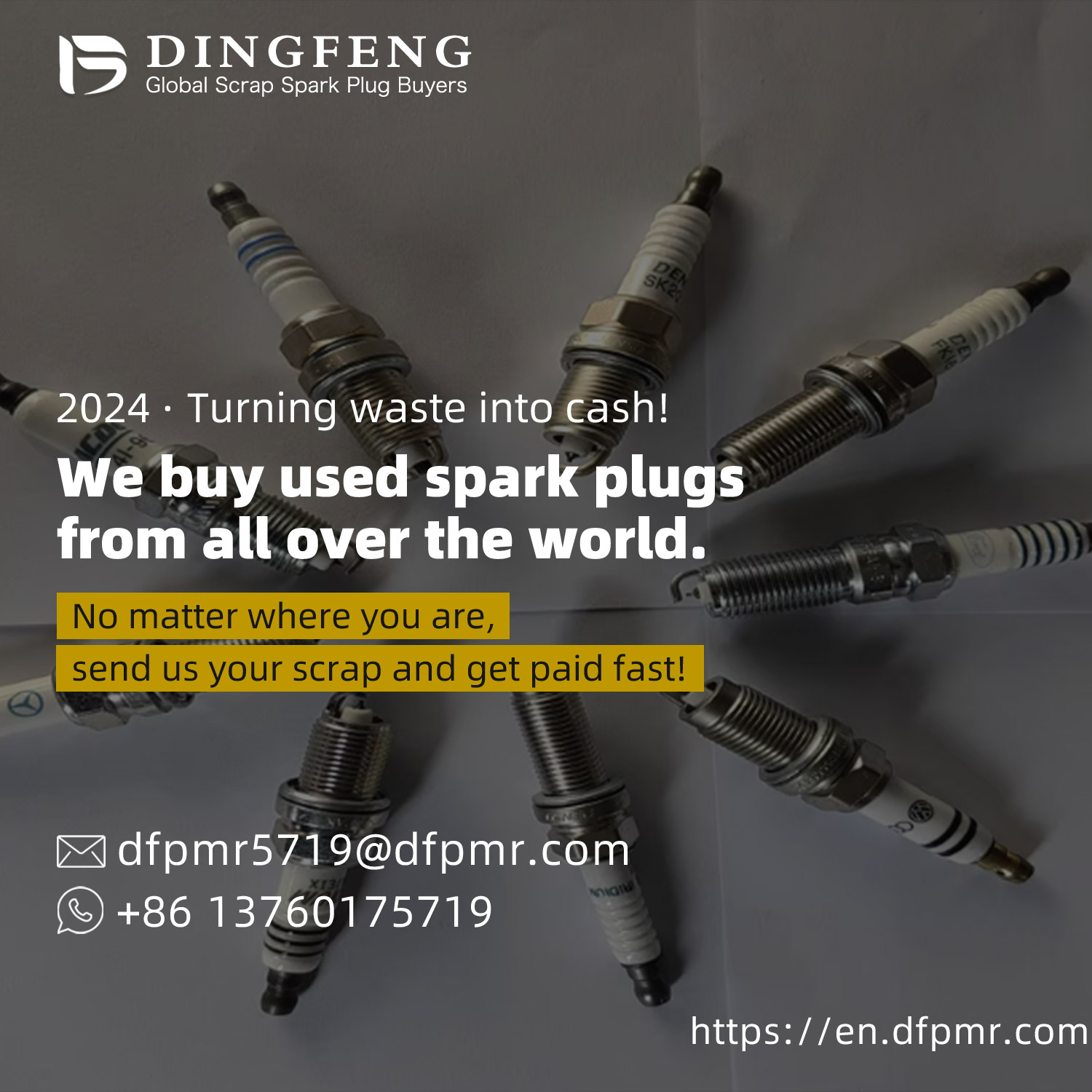Gold water recovery_ A Key Step in the Recycling and Utilization of Precious Metal Waste
With the continuous rise in precious metal prices, the recycling and utilization of precious metal waste has become an increasingly important industry. Precious metals, such as gold, silver, and plati
With the continuous rise in precious metal prices, the recycling and utilization of precious metal waste has become an increasingly important industry. Precious metals, such as gold, silver, and platinum, can be found in various forms of waste, such as electronic waste, jewelry waste, and dental waste. One of the challenges facing the industry is how to efficiently and environmentally recover precious metals from waste. This article will focus on the key step in the recycling and utilization of precious metal waste - gold water recycling.
Why is recycling gold water important
Gold water recovery is the process of extracting gold from wastewater generated from various industrial sources, including electronic product manufacturers, mining companies, and metal electroplating plants. Wastewater may contain low levels of gold, which can be recycled into the production process or sold as valuable commodities. The importance of gold water recycling is that gold is a limited resource, and recycling helps to preserve gold for future generations. In addition, it is well known that gold mining and extraction processes have significant environmental impacts. These processes are energy and water intensive and may lead to the release of toxic chemicals into the environment. In contrast, gold recovery is a sustainable and environmentally friendly alternative to traditional gold extraction methods.
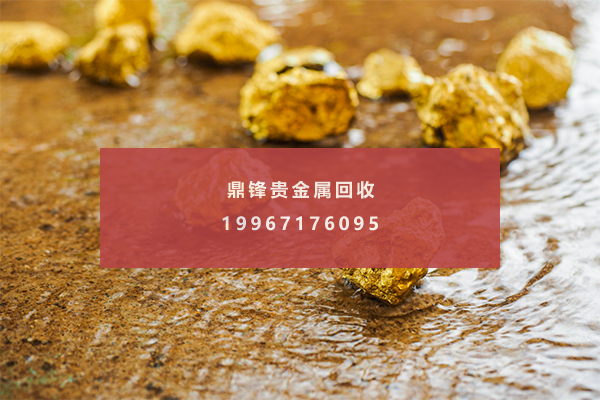
Challenges faced by gold water recycling
The main challenge of gold water recovery is the low concentration of gold in wastewater. The gold content in wastewater is usually very low, ranging from parts per million (Ppm) to parts per million (Ppb). Therefore, extracting gold from wastewater requires efficient and economical gold recovery methods. There are various methods for recovering gold water, including adsorption, ion exchange, reverse osmosis, electrochemical recovery, and precipitation. These methods have their own advantages and disadvantages, and the selection of the most suitable method depends on various factors, such as the concentration and composition of gold in wastewater, the volume of water to be treated, and the final application of recovered gold. 1. Adsorption is a commonly used method for recovering gold water, which adsorbs gold onto adsorption materials such as activated carbon, resin, or silica gel. Then, the adsorbent is treated with eluent, which selectively desorbs gold to enable its recovery. Adsorption is a simple and effective method, but it requires a large amount of adsorption material, which may be expensive. 2. Ion exchange is another method of recovering gold water, where gold ions exchange with other ions, such as hydrogen or sodium ions, on a resin bed. Then, the gold ions are eluted from the resin bed and the gold is recovered. Ion exchange is a highly selective method, but it requires processing a large amount of water, which may be expensive. 3. Reverse osmosis is a membrane based gold water recovery method, which uses Semipermeable membrane to separate gold particles from wastewater. Reverse osmosis is a very effective method, but it requires a lot of energy to operate, and the membrane may be contaminated, requiring frequent replacement. 4. Electrochemical recovery is a method of electroplating gold onto the cathode using current. Then scrape the gold off the cathode and recycle it. Electrochemical recovery is a highly selective method, but it requires a large amount of energy to operate and is not suitable for handling large amounts of water. 5. Precipitation is a chemical method for recovering gold water. Gold is precipitated from waste water by adding chemical reagents, such as Sodium borohydride or Sodium metabisulfite. Then, the gold precipitate is separated from the wastewater and recycled. Sedimentation is an economically effective method, but it requires careful control of the pH and temperature of the wastewater, as well as the addition of other chemicals.
Gold water recycling is a key step in the recycling and utilization of precious metal waste. Its importance lies in its ability to extract gold from wastewater, which can be recycled into the production process or sold as a valuable commodity. Gold water recovery is a sustainable and environmentally friendly alternative to traditional gold extraction methods, which may have significant environmental impacts. There are various methods for recovering gold water, including adsorption, ion exchange, reverse osmosis, electrochemical recovery, and precipitation. These methods have their own advantages and disadvantages, and the selection of the most suitable method depends on various factors, such as the concentration and composition of gold in wastewater, the volume of water to be treated, and the final application.
&Quot; Dingfeng Precious Metals Recycling includes precious metals such as gold, silver, palladium, rhodium, platinum, germanium, iridium, ruthenium, etc. This is our business in precious metal recycling. If you have precious metals such as gold, silver, palladium, rhodium, platinum, germanium, iridium, ruthenium that need to be recycled, please contact us and we will provide you with a satisfactory price& Quot;
